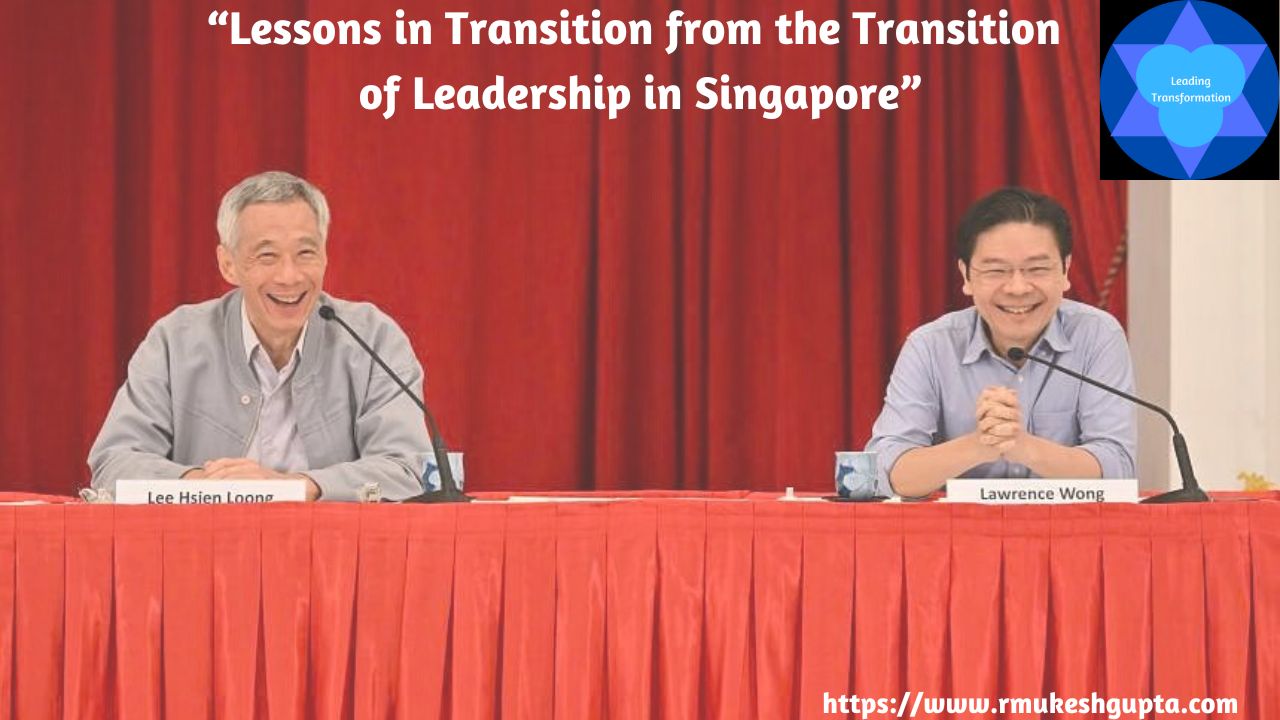I recently read a blog post by Marcella Bremer for the Leadership and change magazine. You can read the entire blog post here. In the post she shares her learning from a talk that one of the founders of “Appreciative Inquiry” Ron Fry shared in one his talks during the Leadership Reset conference.
Basically, the big idea from the blog is the importance of “Conversation” as the most significant and important tool in a leader’s toolkit in leading his organisation in a VUCA (Volatile, Uncertain, Complex and Ambiguous) environment. We now live in a constantly evolving environment, thanks to the fast paced change in technology that we engage with, which in turn means that all leadership is becoming about leading change.
She quotes Ron Fry as saying,
“We have to take conversations more seriously. This calls for a reset of our mindset.
Some helpful principles for organizing are:
1. Real change arises through working with the informal processes more than through formal change management.
2. Control is an illusion – accept unpredictability – this means giving up the need to be right.
3. Conversation is the only game in town.
4. There is no such thing as objectivity, so no one person is ever completely right or wrong.
5. Legislating (procedure-izing) for every eventuality kills the capacity to innovate.
6. Unintended consequences (mistakes) are normal and inevitable.”
– Ron Fry
What all of this means is that, as leaders, we need to learn and master the art of the conversation and as a result learn the art of facilitating conversations as well.
I recently did a 4 part Masterclass on Leading Transformation. I talk about a 4 step process in leading large scale change.
Initiate:
In this phase, I talk about what are some of the things that we need to keep in mind when we are starting out on a transformation project. How we set things up in this phase can have a significant impact on the results we get from the transformation effort. You can watch a recording of the session here.
Mobilize:
In the 2nd step in the transformation project, I talk about the various things that we need to keep in mind when it comes to mobilising people for the change project. I talk about the different kinds of people based on their reactions to the change initiative and what can we do to ensure that we engage the right people at the right stage.
This stage is where the fate of most change initiatives is decided. Do this well and you have a shot at succeeding and bringing about the transformation you set out to bring. You can watch a recording of this session here.
Scale:
Once we have mobilised the right people and have gotten them excited about the journey, it is all about scaling the change – from person to person, from team to team. This is when massive amount of effort is needed and significant amount of communication is needed. You can access the recording of this session here.
Embed:
It is not enough to make the change happen. In order to truly succeed, we need to be able to make the change stick and not allow the pull of status quo erode all the efforts and let the past behaviour come back as soon as the pressure is lifted. The change brought about becomes the new status quo, until the next wave of change is brought about. I talk about some key strategies that we can leverage to ensure that the changes stick. You can access the recording of this session here.
Conclusion:
The most important role of leaders in this world is then the ability to be aware of the changes happening around them, have the ability to create a vision and the agility to change it when needed and creating an environment and culture of trust, which then enables them to lead the teams through the constant change that they have to deal with on a regular basis.
You can watch Ron Fry sharing his perspective on leading change at the Digitial Futures conference earlier this year hosted by Weatherhead School of Management at Case Western Reserve University.




